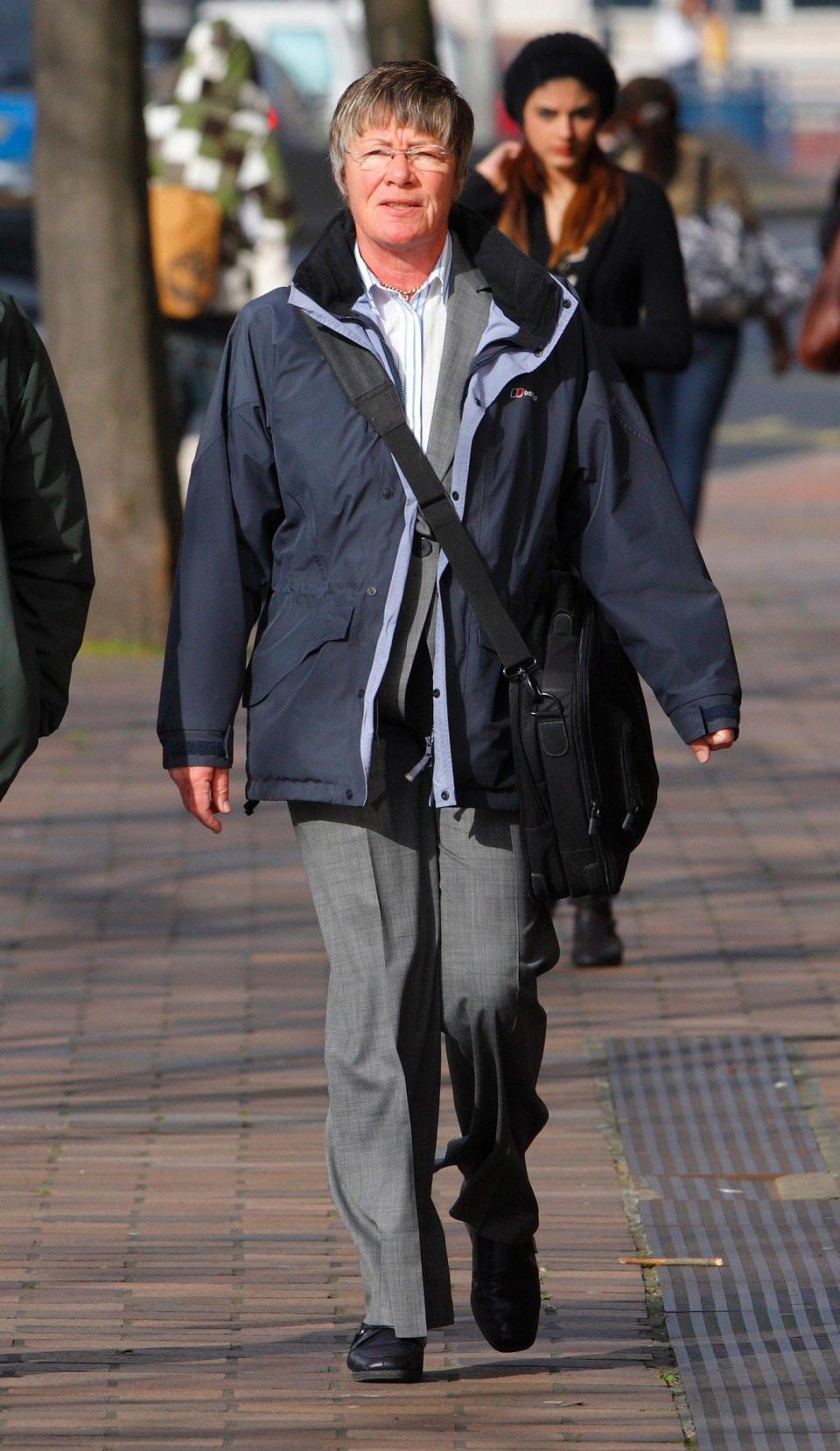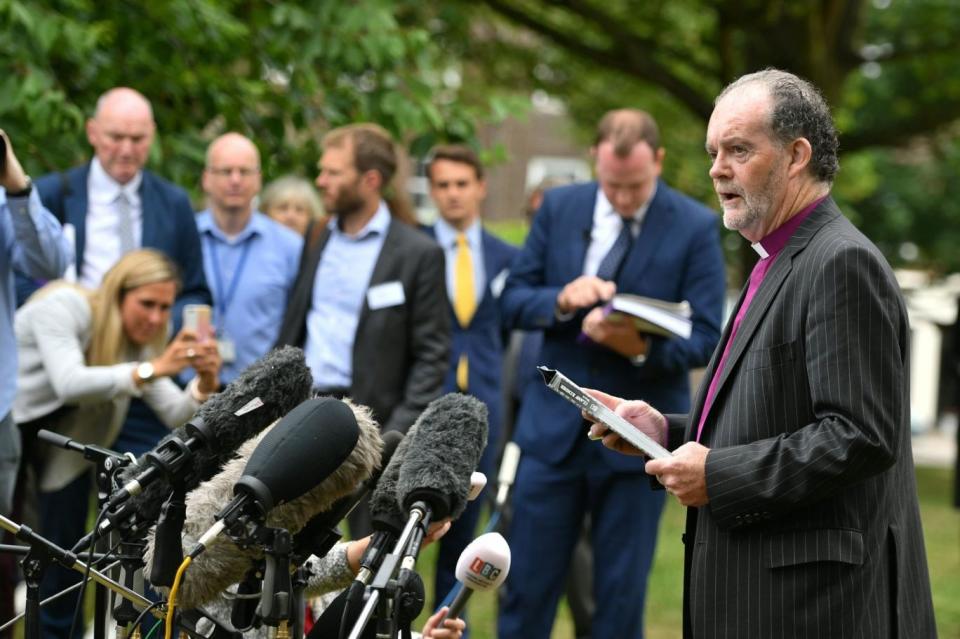Opioids prescribed at Gosport War Memorial Hospital 'shortened at least 450 lives'
More than 450 patients had their lives shortened by an “institutionalised regime” of prescribing and administering opioids without medical justification at a South East hospital, a shock report revealed today.
A further 200 patients “probably” suffered a similar fate between 1989 and 2000, when taking into account missing records, according to the inquiry into Gosport War Memorial Hospital in Hampshire.
In a series of damning findings, the Gosport Independent Panel concluded that hospital bosses, Hampshire Police, the Crown Prosecution Service, health watchdogs the General Medical Council and Nursing and Midwifery Council “all failed to act in ways that would have better protected patients and relatives”.
The panel stressed that over a 12-year period as clinical assistant, Dr Jane Barton was “responsible for the practice of prescribing which prevailed on the wards”.
The panel, led by the former Bishop of Liverpool, the Rt Rev James Jones, who played a key role in revealing the truth about the Hillsborough scandal, investigated hundreds of suspicious deaths at the hospital.

The inquiry concluded that “there was a disregard for human life and a culture of shortening lives of a large number of patients”.
In 2010, the GMC ruled that Dr Barton, who has since retired, was guilty of multiple instances of professional misconduct relating to 12 patients who died at the hospital.
Nurses on the ward were not responsible for the practice but did administer the drugs, including via syringe drivers, and failed to challenge prescribing, the panel said.
Consultants, though not directly involved in treating patients on the ward, “were aware” of how drugs were administered but “did not intervene to stop the practice”.

The Rt Rev Jones stressed: “Nurses had a responsibility to challenge prescribing where it was not in the interests of the patient.
“The records show that the nurses did not discharge that responsibility and continued to administer the drugs prescribed.
“Patients and relatives were marginalised by the professional staff.”
He praised families whose relatives died at the hospital for their “fortitude and tenacity” in seeking the truth.
The former bishop added: “Between February 1991 and January 1992 a number of nurses raised concerns about the prescribing specifically of diamorphine.
“Their warnings went unheeded, the opportunity to rectify the practice was lost, deaths resulted and 22 years later it became necessary to establish the Panel in order to discover the truth of what happened.”
In a stark terms, the report concluded: “There was an institutionalised regime of prescribing and administering ‘dangerous doses’ of a hazardous combination of medication not clinically indicated or justified, with patients and relatives powerless in their relationship with professional staff.”
The panel found evidence of opioid use without appropriate clinical indication for 456 patients, and taking into account missing records, there were probably at least another 200 similarly affected.
The report added: “The panel’s analysis therefore demonstrates that the lives of over 450 people were shortened as a direct result of the pattern of prescribing and administering opioids that had become the norm at the hospital, and that probably at least another 200 patients were similarly affected.”
The inquiry did not ascribe criminal or civil liability for the deaths.
However it said: “The Secretary of State for Health and Social Care and the relevant public authorities will want to consider the action that now needs to be taken to further investigate what happened at the hospital.
“The Secretary of State will want to ensure that families who believe they were affected by events at the hospital have the support they deserve going forward, and also to consider wider lessons.”
Health Secretary Jeremy Hunt was today due to address MPs on the findings of the Gosport inquiry later, and will face questions about the previous investigations and whether charges should now be brought.
Campaigners have called for tough action following the publication of the report after a four-year inquiry which examined more than one million pages of documents.
Hampshire police carried out three police investigations between 1998 and 2006 into allegations about activities at the hospital.
The force’s Chief Constable Olivia Pinkney said: “This involved detailed professional assessment by a number of independent medical experts and the evidence was presented to the Crown Prosecution Service and Treasury counsel, which concluded that the evidential test for prosecution as set out in the Code for Crown Prosecutors was not met.”
In a lengthy statement, the Rt Rev Jones added: “Documents show how the media coverage played a significant part in encouraging staff who had worked on the wards to take action. And how Sir Peter Viggers, as the (then) local MP, questioned the need for repeated inquiries into had happened at the hospital.”

 Yahoo News
Yahoo News 
